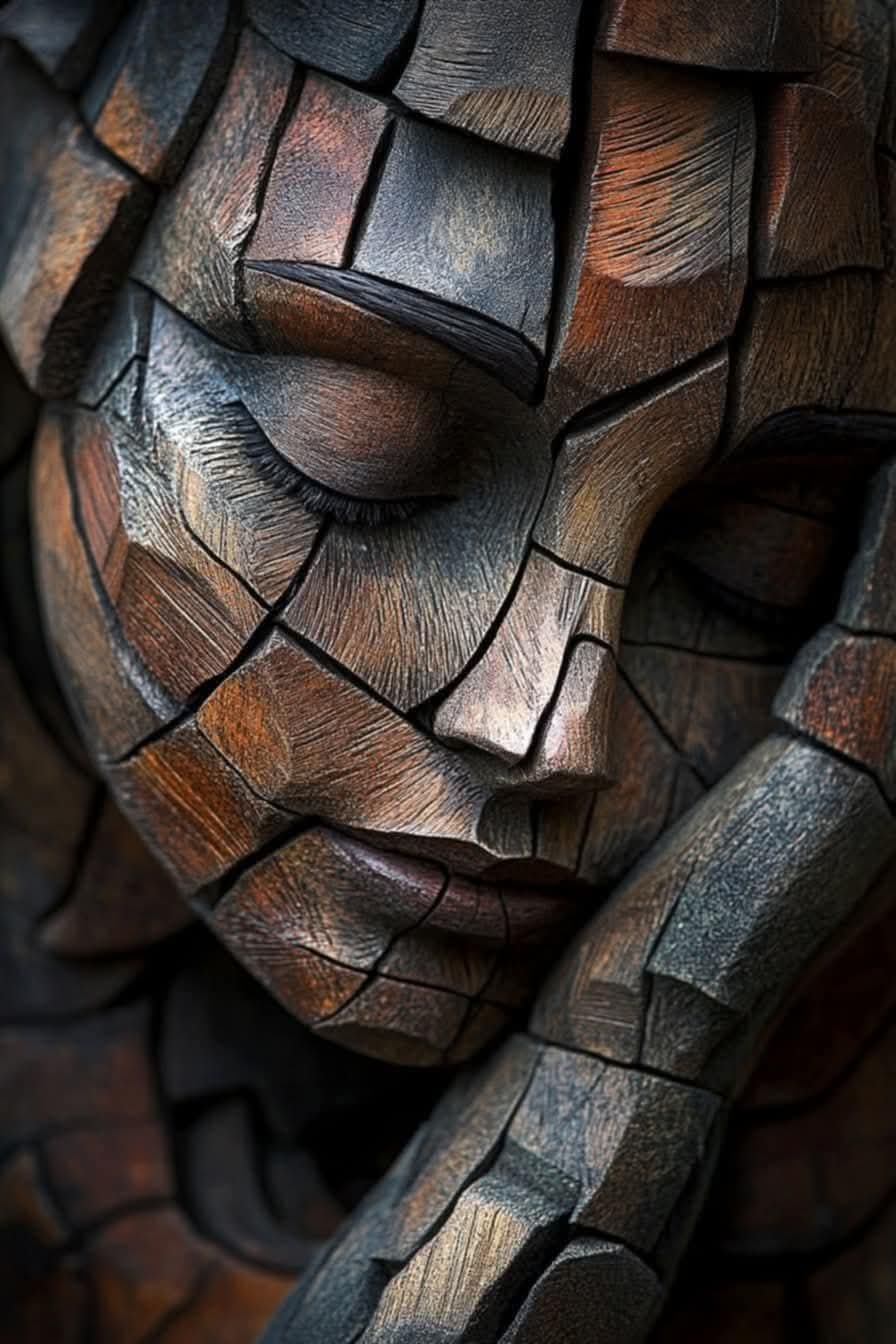Keeping your feet on the ground
What is your relationship with uncertainty?
Someone asked me this recently and it has opened up an interesting process of reflection for me. What is my relationship with uncertainty?
It’s quite possible that you were unaware you were even interacting with uncertainty on a daily basis or to put it another way your need for certainty.
Certainty is one of our basic emotional human needs. As humans we are biologically wired to be alert to our physical safety. Being and feeling safe are a biological human need. This drives both our conscious and subconscious behaviour. So this explains our need for certainty. Knowing what to expect brings a degree of emotional and mental safety too. Life would be unmanageably chaotic if everything was uncertain and every day we waited to find out if what we understand to be certain was not. We rely on certain physical laws to govern our day and we also have become accustomed to certain emotional gravitational pulls such as the need for love, connection and certainty.
Certainty gives us the steadiness and the routine that we need because it is biologically imprinted into the rhythm of our bodies and the rhythms of the natural world too. It brings a degree of comfort and familiarity which ultimately is restful. Our bodies are also wired for comfort, so we look for ways (knowingly and unknowingly) to ease the journey and take the most cost-effective path. That is why some of us withdraw from conflict to conserve energy or we retreat to chocolate eating when we feel sad. We seek comfort and move away from threat.
While we are wired for comfort and certainty; that is not the full picture of what it means to be human. When we live with too much certainty – instead of offering safety, life begins to feel like a cage, as the repetition and predictability of ‘nothing ever changing’ results in boredom and a sense of meaninglessness.
So here comes into play another of our human emotional needs which is variety. While we do need a degree of certainty in particular areas of life, we also need variety. The same person needs both at different times. The stimulation and excitement of experiencing a change that is interesting and rewarding brings us alive in a way that something predictable does not. The world is wide and we are wired to want to experience as much as we can. Human beings marvel at the variety of life; animals and plants, music and creativity, art and culture – and most amazing of all, the uniqueness of every single person who has ever lived.
When there is a lot of variety, it is very stimulating and exciting for some personality types. For others, the constant change is draining and unsettling. Some of us lean more towards the certainty end of the spectrum and others of us find ourselves closer to the variety end. Life lived at either extreme becomes unbearable eventually.
So what has all this got to do with our life journey? When we stand at the crossroads of a decision and we look along a particular path, it is crucial that we are alert to our need for certainty. This need can end up sabotaging our creativity and the risk we are willing to take because we feel threatened by something new and the possibility of it going wrong. (We don’t spend as much time agonising over the possibility of it all going right for us do we?) In every decision, large or small, we try to balance threats that come from uncertainty with the inevitable boredom of a repetitive, unstimulating routine.
For one who loves the safety and predictability of habits that offer comfort, they would most often choose a familiar path which offers certainty. We gain security from certainty. This is important and necessary. I’m not here to say it is wrong to choose the familiar at times. However, in order to fulfil our need for variety what will help us to walk down the path of uncertainty as we consider a new opportunity? What do we gain from trying something new?
Flying a Kite
While comfort and safety draws us towards the familiar well-trodden paths, there is another aspect to the journey which calls us towards the unfamiliar. Our human needs are not neatly boxed up in equal amounts in a way we can control where they appear or how they are satisfied. There is another human need that is like a kite pulling at the need for certainty on the ground as we look up at the sky and wonder about our potential. We are born to contribute. We are born to add value to those around us. This is the kite in our hands that if we throw it up into the wind we will surrender to another force but we will find ourselves flying! Scary yet exhilarating! Unpredictable but oh so rewarding!
If that sounds a little too crazy, then there is no reason why you can’t keep the kite strings short and practise flying just a little about the ground so you stay feeling safe. The need for safety does not evaporate when we say yes to the unfamiliar. In fact we may find that it pulls at us even harder, as we begin to step into something new. What if it goes wrong? What if I make a mistake?
And what if it goes right? What if it turns out to be the best decision you ever made? I, for one, long to trust the kite to lift me further into a higher place of contribution and purpose, even though I admit to enjoying the feeling of both feet on the ground. The view is not nearly so good when my perspective is limited to what I know or what I think I know. Standing at the crossroads of a decision is to combine walking on the ground (certainty) and flying our kite (uncertainty) with the understanding that we grow more through flying our kite than we do by keeping our feet on the ground. The unfamiliar is not necessarily less safe. It is unfamiliar. We are comforted by the familiar, but that is not to say that the opposite is true and that all things unfamiliar are a threat. Our biology wants us to stay safe. Our spirits want to stretch and grow. Handling this contradiction within ourselves with grace, courage and self-awareness is one of the biggest factors in moving past our crossroads to a path of adventure and fulfilment. Maybe a first step is to instead of asking ourselves what will I lose? Try asking what will I gain?
Reflection Questions:
· What is your relationship with uncertainty?
· How strongly do you lean towards the familiar path? Why?
· What goal do you have that involves uncertainty?
· What will you gain from taking a step in a new direction?
If you would like to explore this further in a coaching context please contact Anna at digdeepdreambig@gmail.com




